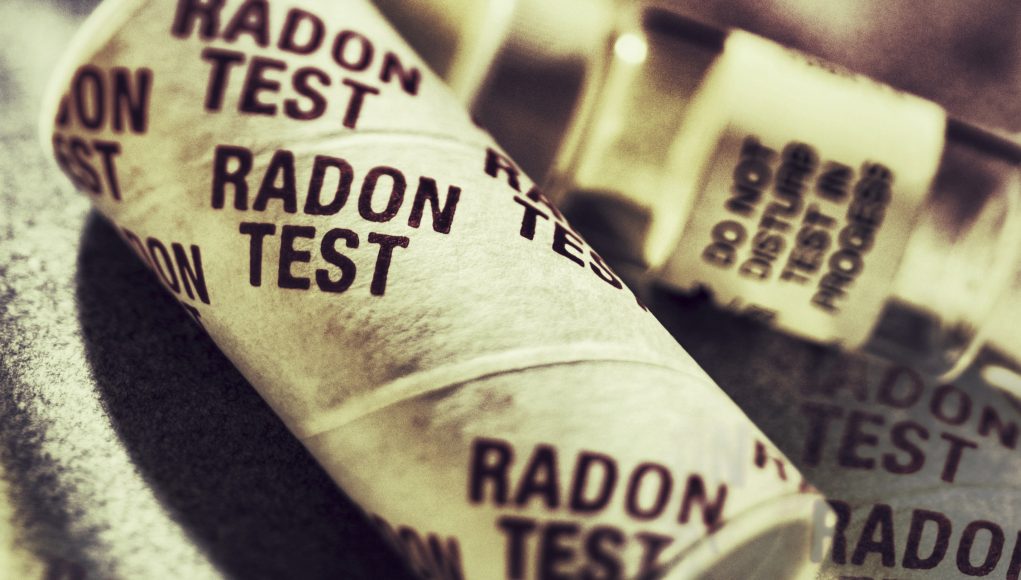 In recognition of National Radon Action Month, Public Health Madison and Dane County (PHMDC) urges all residents to test their homes for radon. Radon is a naturally occurring, invisible, odorless, radioactive gas that can ultimately be fatal.
In recognition of National Radon Action Month, Public Health Madison and Dane County (PHMDC) urges all residents to test their homes for radon. Radon is a naturally occurring, invisible, odorless, radioactive gas that can ultimately be fatal.
Radon is normally harmlessly dispersed in outdoor air, but can reach harmful levels when it enters buildings though cracks in foundations, particularly in the winter months when homes and other buildings are closed up and heated.
Radon is the leading cause of lung cancer among non-smokers. The U.S. Environmental Protection Agency (EPA) and the Surgeon General’s office estimate radon is responsible for more than 20,000 lung cancer deaths each year in the U.S. About 2,900 of these deaths occur among people who have never smoked. If you do smoke and your home has elevated radon levels, your risk of lung cancer goes up seven times.
Testing homes for radon is simple and inexpensive. Test kits can be purchased at local hardware or home product stores usually for under $25. PHMDC also has test kits for sale at $10 per kit.
The EPA and the Surgeon General of the United States recommend that the test be done in the lowest lived-in level of your home. After leaving the opened kit in the room for the recommended amount of monitoring time, all you need to do is to send it to the laboratory for analysis. The lab will send you easy to understand results within two or three weeks.
If testing shows that you do have a radon problem, you will need to install a system that will prevent the radon from accumulating in your home. Such systems should be installed by a certified mitigation contractor. According to Clint Marshall, Public Health Radon Specialist, “The cost of a radon mitigation system can vary, but typically runs around $1,200.”
PHMDC is joining the EPA during National Radon Action Month to remind the public that ignoring this hazard can have terrible consequences, and that it pays to take action against this invisible and preventable threat to the health of your family.
For more information regarding radon, including a list of qualified radon remediation contractors, visit the Wisconsin Radon Information Web site.
.
For more detailed background on radon, click here.




























